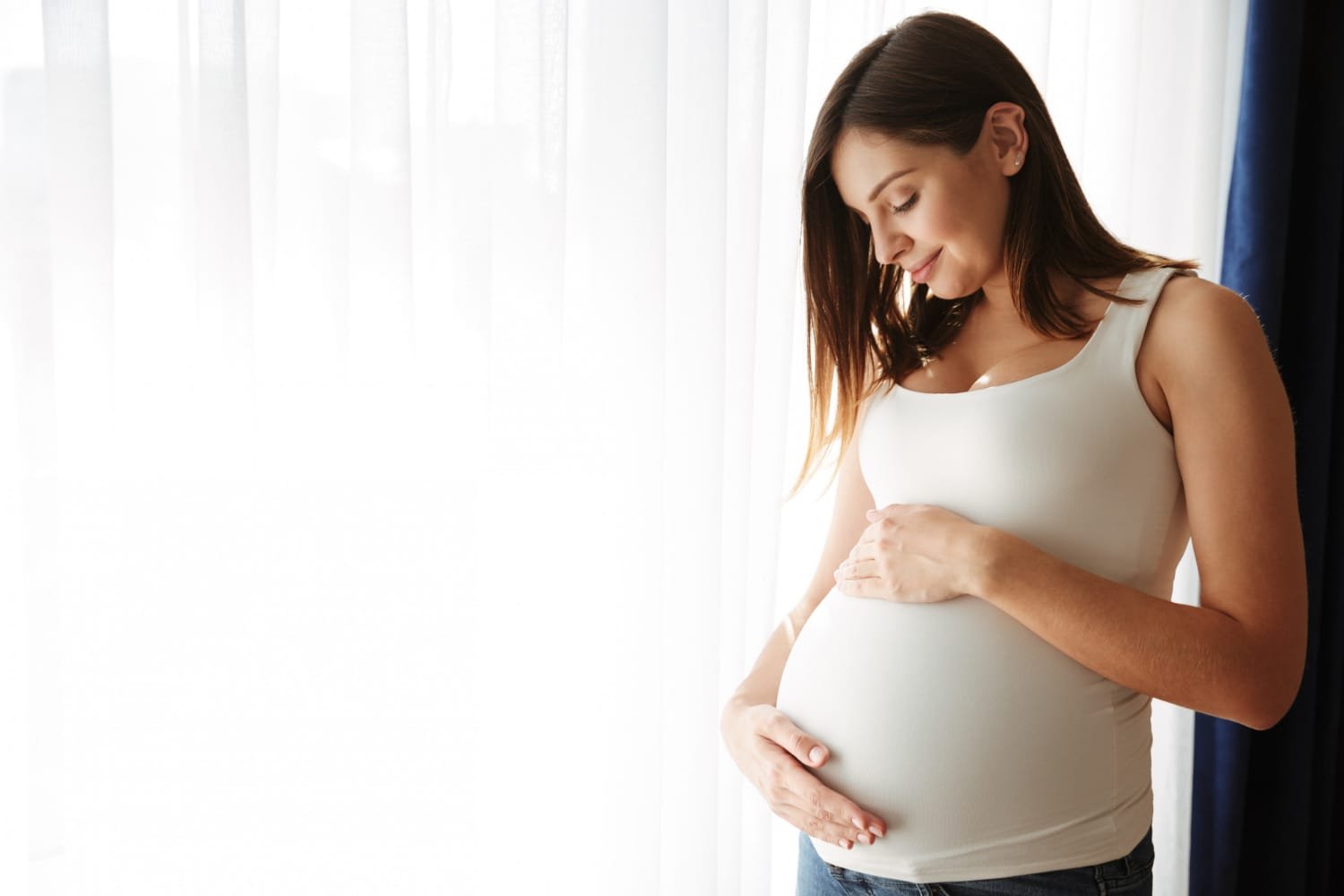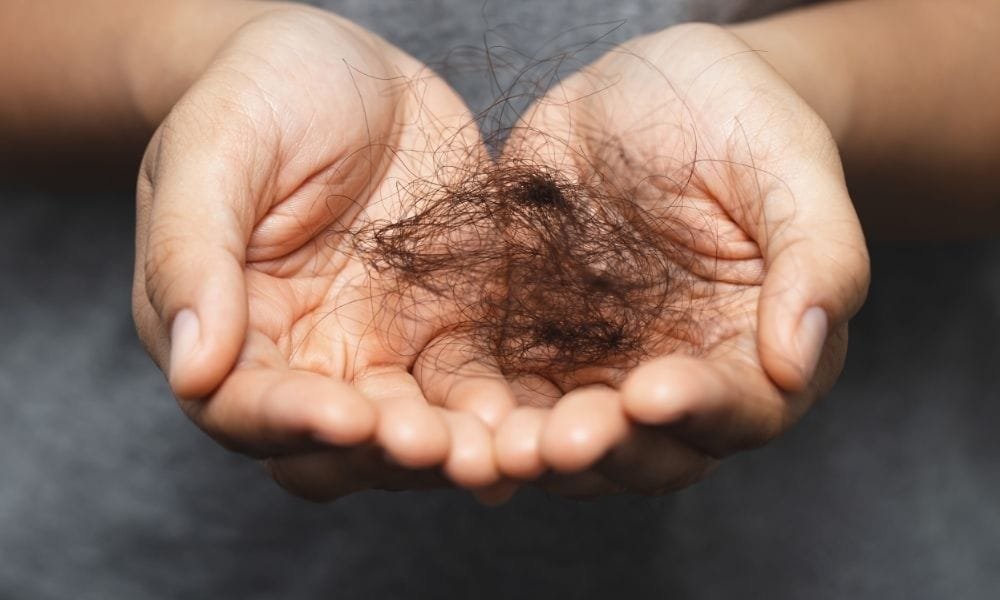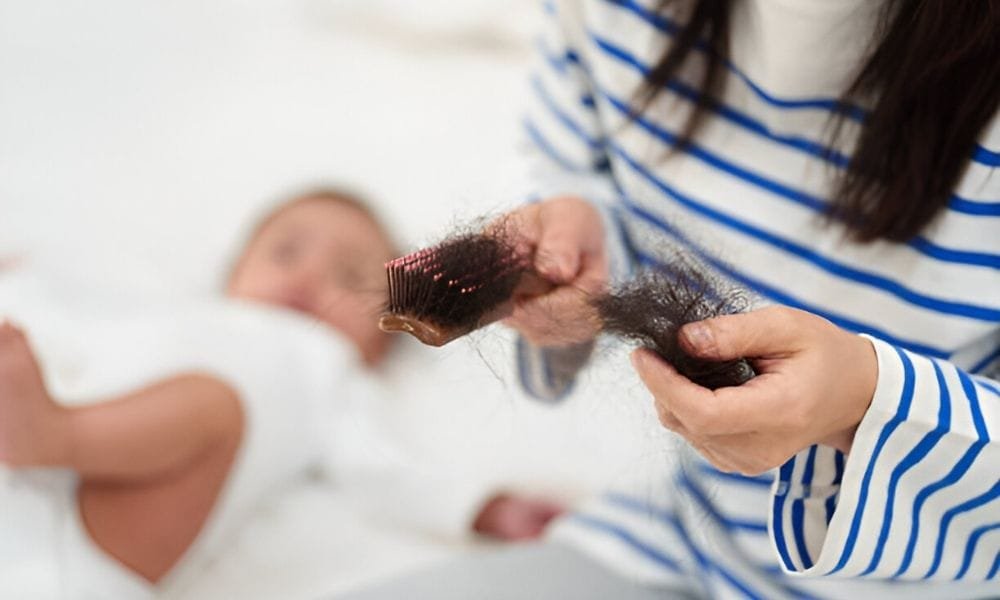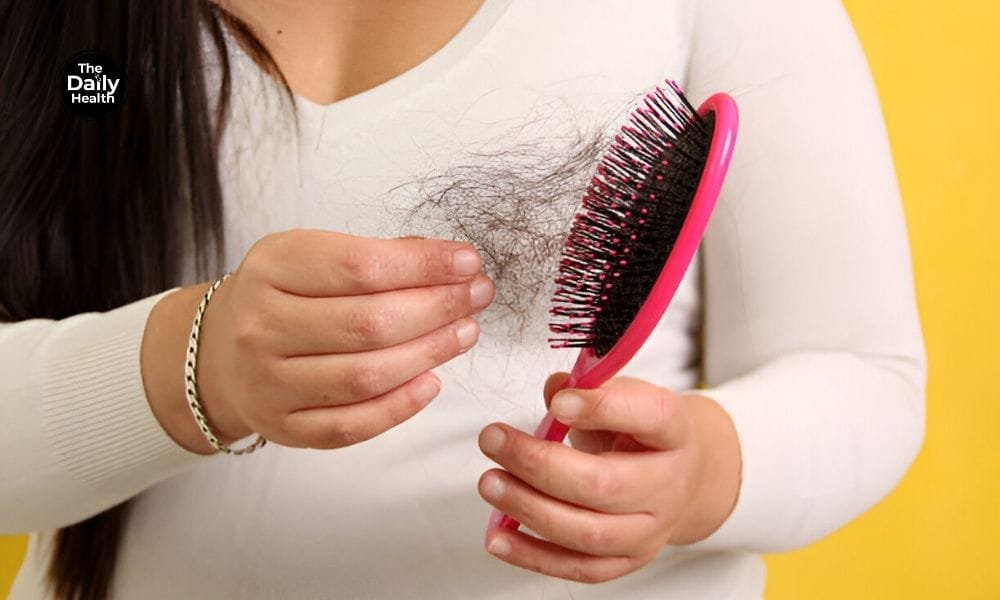What is Postpartum Hair Loss? Bringing a new life into the world is one of the most beautiful experiences, but it also comes with physical and emotional changes for a mother. One of these changes is postpartum hair loss, which can feel alarming but is actually quite common.

Many new mothers notice extra strands falling out in the shower, on their pillows, or while brushing their hair. This condition is usually temporary, and with the right care and patience, your hair can return to its normal health.
What is Postpartum Hair Loss?

Postpartum hair loss, also called postpartum alopecia, usually occurs a few months after childbirth. During pregnancy, high estrogen levels keep your hair in a prolonged growth phase, which is why many women notice thicker, fuller hair. However, after delivery, hormone levels drop sharply. This triggers more hair follicles to enter the shedding phase, causing noticeable hair fall.
When Does It Start and How Long Does It Last?
Hair loss typically begins around two to four months after giving birth. The shedding can feel excessive, but it usually peaks by the sixth month. For most women, the hair growth cycle returns to normal within a year. However, factors like stress, lack of sleep, poor nutrition, and underlying health conditions can make hair loss worse or prolong the recovery period.
Other Contributing Factors
While hormonal changes are the primary reason, other factors may add to postpartum hair loss. The physical stress of childbirth, iron deficiency, thyroid imbalance, and sudden weight loss can all weaken hair roots. Breastfeeding itself does not cause hair loss, but the body’s nutritional demands are higher during this period, and inadequate nutrition can indirectly affect hair health.
Managing Postpartum Hair Loss Naturally

Postpartum hair loss cannot be completely prevented, but you can manage it and encourage healthy regrowth with gentle, natural methods. Eating a nutrient-rich diet, avoiding harsh hair treatments, and practicing good hair care habits make a big difference. The focus should be on improving scalp health, reducing breakage, and supporting your body’s recovery.
1. Nutrient-Rich Diet for Hair Recovery
Your body needs essential vitamins and minerals to produce healthy hair. Include foods rich in protein, iron, zinc, omega-3 fatty acids, and vitamins A, C, D, and E in your diet. Leafy greens, eggs, fish, nuts, seeds, and fruits like berries can nourish the scalp and strengthen hair follicles. Staying hydrated is equally important for maintaining hair elasticity and shine.
2. Gentle Hair Care Practices
During this period, your hair is more fragile and prone to breakage. Use a mild, sulfate-free shampoo and avoid washing your hair with very hot water. Gently detangle using a wide-tooth comb, starting from the ends and working upward. Limit the use of hair dryers, straighteners, or curling irons, as excessive heat can further damage hair.
3. Scalp Massage for Better Circulation
Regular scalp massage with natural oils like coconut oil, almond oil, or castor oil can improve blood flow to hair follicles and promote hair growth. Warm the oil slightly and massage your scalp in circular motions for a few minutes before washing. This not only nourishes the roots but also relaxes the mind, which can help reduce stress-related hair fall.
4. Reduce Stress and Get Adequate Rest
Caring for a newborn can be exhausting, but rest is essential for recovery and hair health. Lack of sleep and constant stress can disrupt hormonal balance and worsen shedding. Even short naps, deep breathing exercises, or light meditation can help your body cope better. Accepting help from family members can also make a big difference in reducing stress.
When to Seek Medical Advice?
If your hair loss continues beyond a year, or if you notice bald patches, severe thinning, or other symptoms like fatigue and weight changes, it’s best to consult a doctor. They may check for underlying issues such as thyroid problems or nutritional deficiencies and suggest supplements or treatments accordingly.
Conclusion
Postpartum hair loss is a natural phase that almost every new mother experiences. While it can be unsettling, remember that it is temporary and usually resolves with time. By nourishing your body, being gentle with your hair, and maintaining a calm, healthy lifestyle, you can support the natural regrowth process. Embrace this journey of motherhood with patience, and soon, your hair will regain its strength and beauty.
Images: iStock
